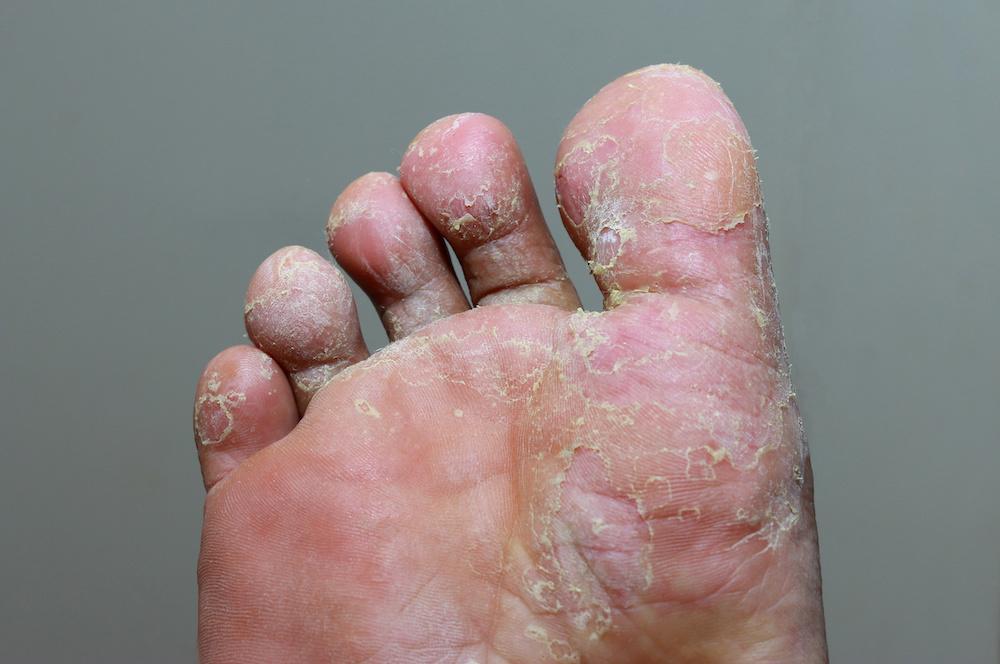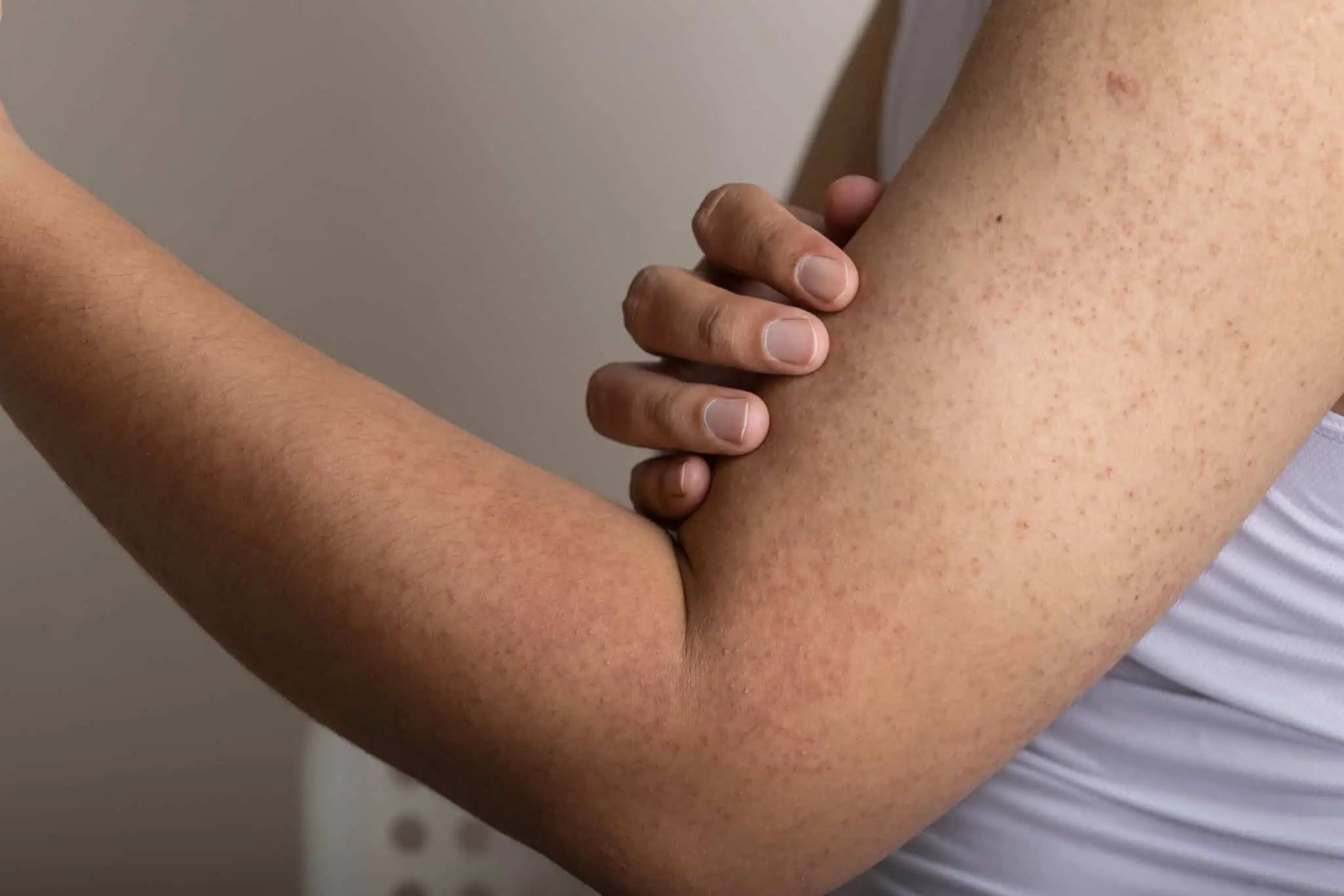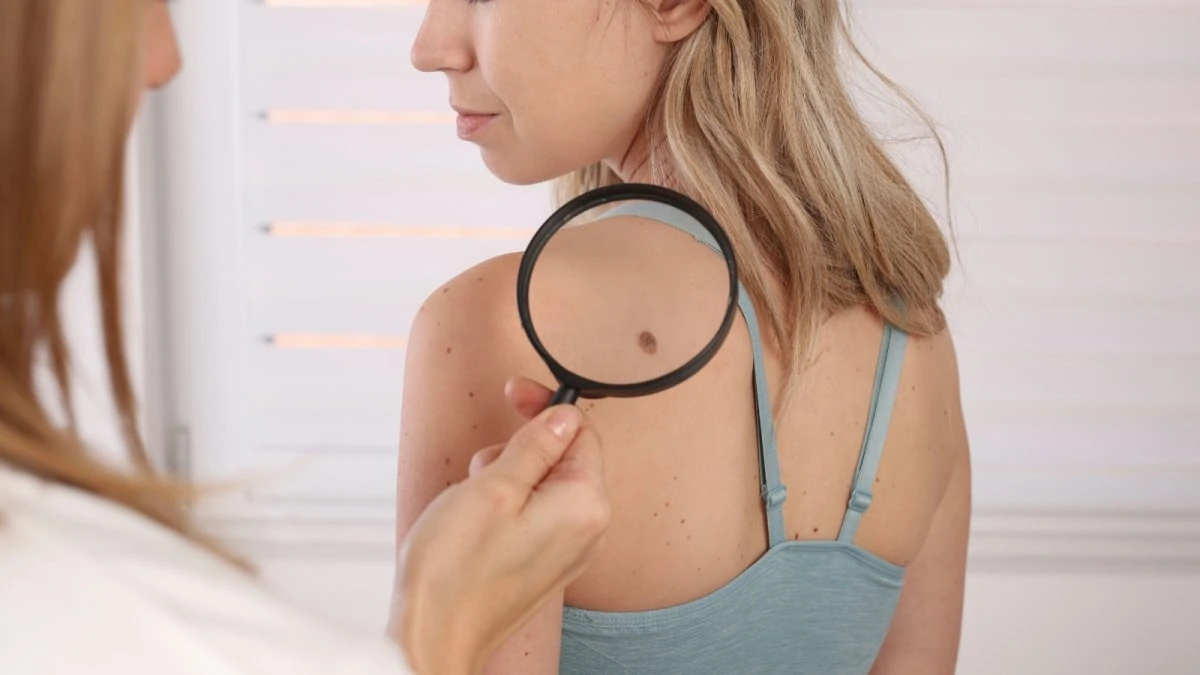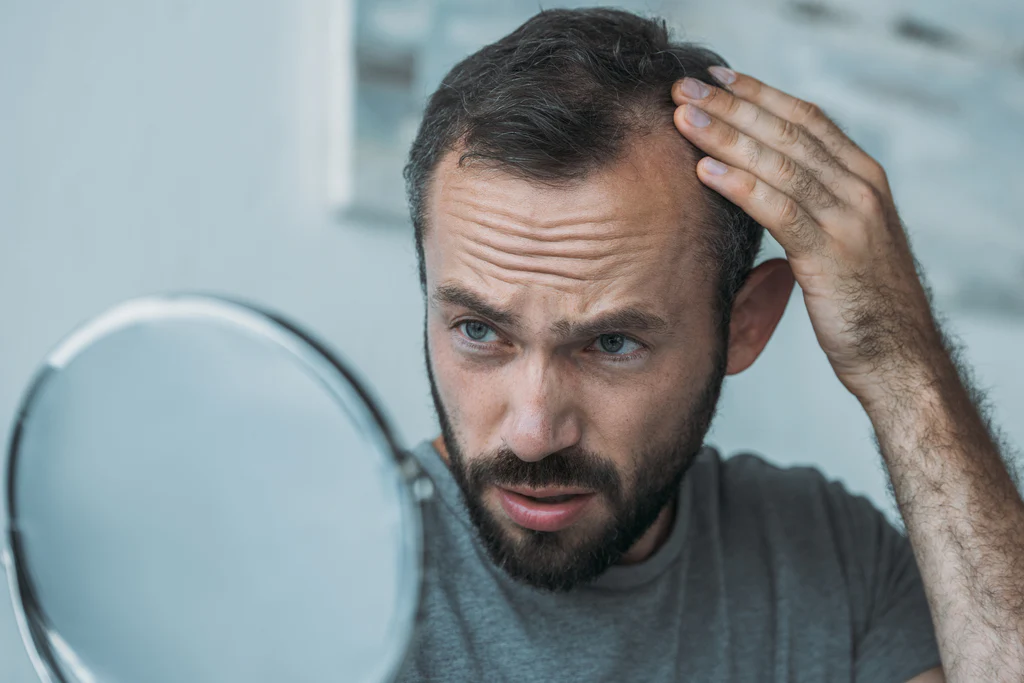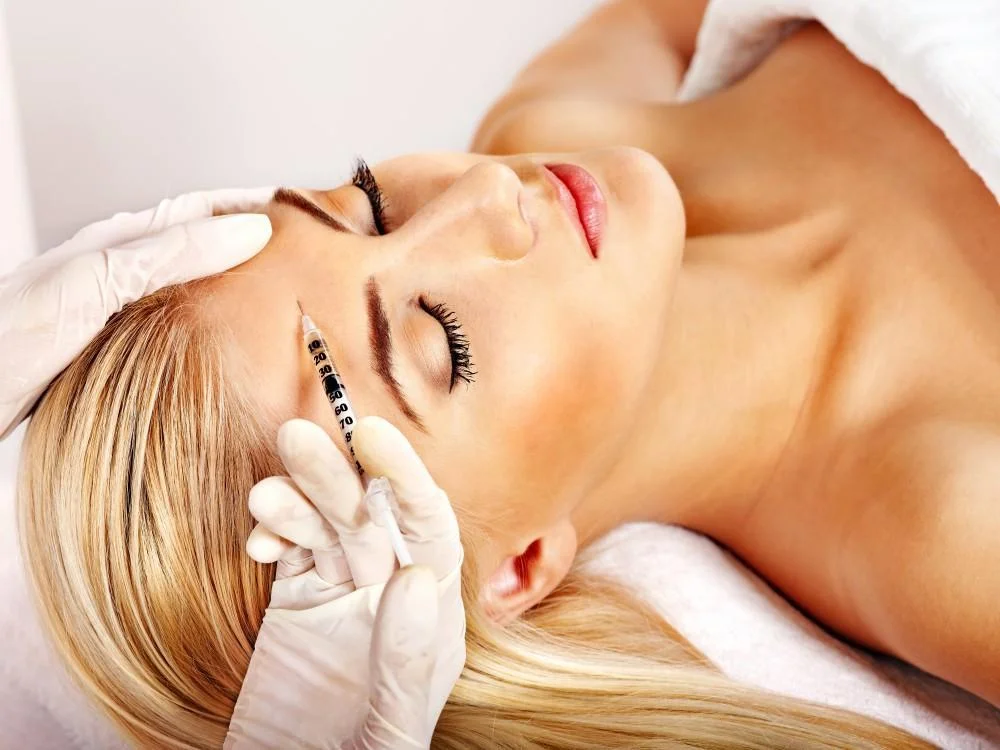Fungal infections are common. On any given day, 15-25% of all people are likely to have athlete’s foot. During the summer, your risk of developing a fungal infection is higher because you sweat more and you’re outside enjoying crowded, watery places. No one wants the uncomfortable itching or embarrassing changes in their appearance that fungal conditions cause. That’s why our team at Park Plaza Dermatology put together these tips to help you prevent a fungal infection. But first, we’d like to explain a bit about fungal infections.
Identifying a fungal infection: What are the symptoms of a fungal infection?
Fungi come from a large group of molds and yeast, living organisms that can infect your skin and nails. They primarily live in the top layer of your skin, where they cause a variety of conditions, including:
- Athlete’s foot (the most common type of fungal infection)
- Ringworm (affects the skin and scalp)
- Jock itch (affects your groin and buttocks)
- Beard fungal infection
- Nail fungal infection
Fungal skin infections typically cause a red, scaly, and very itchy rash. One type of fungal skin infection called tinea versicolor is different; it affects skin pigmentation, causing patches of lighter or darker skin. If you develop a toenail fungus, the nail becomes thick, discolored, and brittle.
You can try treating a fungal infection with over-the-counter antifungal medications. But many of our patients need prescription-strength medications or alternatives such as laser treatment to get rid of their fungal infection.
How do fungal infections spread?
Don’t take a wait-and-see attitude about treating a fungal infection. Here’s why: Fungal infections can spread.
Most fungal infections, except for tinea versicolor, are highly contagious. The infection spreads by contact with the fungus. You can spread the infection from one part of your body to another area and to other people.
How to avoid a fungal infection
To prevent fungal infections, you need to avoid the conditions that allow fungi to thrive. Take these steps to keep fungal infections away:
Pay attention to socks, shoes, and clothing
Fungus is everywhere. You can’t escape it, but you can take away the warm, moist, dark environment that nurtures fungal growth.
You can prevent athlete’s foot by paying attention to your socks and shoes. Wear absorbent socks and regularly change your socks. Dry your feet and between your toes after a bath or shower.
Avoid tight shoes and synthetic materials that hold in moisture, such as vinyl and rubber. It also helps to have extra pairs of shoes so you can alternate them instead of wearing the same pair every day. This gives each pair time to thoroughly dry before you wear them again.
This same concept applies to all areas of your body. For example, changing your underwear and staying dry can help prevent jock itch.
Practice good hygiene
Wash your hands to prevent spreading the infection from one area of your body to another. Don’t share towels or clothing because they can spread the fungus. And get meticulous about washing towels, sheets, and clothes.
Fungal infections commonly develop in people who perspire heavily and in folds of skin, which create the perfect warm, moist, and dark environment. The best solution is to regularly clean and dry your body, change clothes to stay dry, and use an antifungal powder.
People who are overweight are susceptible to fungal infections. Women with large breasts may develop the problem in the folds of their breasts. And men need to be careful with their groin area.
Don’t go barefoot in public places
Fungi naturally thrive in the dirt and in damp places. For this reason, you shouldn’t go barefoot in public places.
Be wary of locker rooms, saunas, swimming pools, and communal baths and showers. Instead, routinely wear sandals, flip-flops, or water shoes.
Be careful around animals
A fungal infection on your pet can spread to your hands and from there to any part of your body. To be fair, though, you can also spread ringworm to your pet.
Ringworm is a common fungal infection in dogs. Signs of a fungal infection include circular areas of hair loss, dry hair, brittle claws, or scabby, red areas of skin.
Who is the best skin fungal infection specialist doctor near me in NYC: Manhattan, Brooklyn, & Bronx?
If you have any questions about skin rashes and fungal infections, don’t hesitate to call us at 212-757-7010 or request an appointment online with our dermatologist. We are fungal specialist and proud to help our New York City patients remain fungal-free this summer. We accept most insurance plans including Aetna, Fidelis, Blue Cross Blue Shield, GHI, Healthfirst, Metroplus, United Health Care, Cigna, Oxford, Emblem Health, Humana, HIP, Affinity, Magnacare, and more. Our main office is located in New York City’s Midtown Manhattan: 200 West 58th Street, Suite 1C, New York, NY 10019 and we have 5 other offices across NYC: Manhattan, Brooklyn, & the Bronx.

